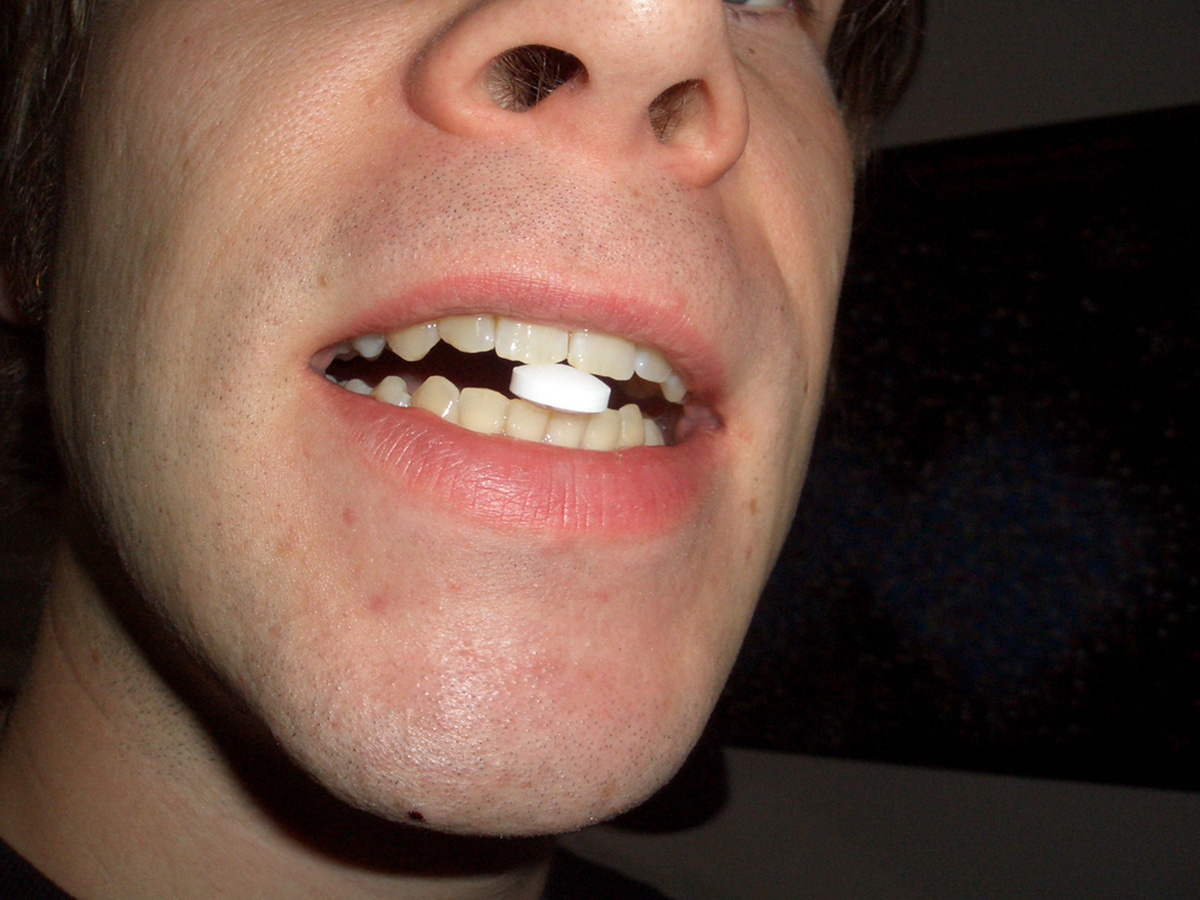There's growing evidence that depression can be caused by an inflamed brain.
Dr. Gholam Khandaker and his colleagues at the University of Cambridge in the UK reviewed the results of 20 clinical studies involving over 5,000 patients treated for chronic inflammatory diseases with medications designed to control the release of cytokines, a group of proteins that cells use to send signals to each other. Some cytokines carry a signal to cells to release inflammatory substances that cause heat, pain, redness, and swelling. The anti-cytokine drugs used to treat inflammatory diseases like rheumatoid arthritis, Khandaker and associates learned, are also about as effective as selective serotonin reuptake inhibitors (SSRIs) in treating depression.

How Can an Inflamed Brain Cause Depression?
The cytokines send signals to particular kinds of cells. Specifically, it is cells in the immune system that are activated by the cytokines that send a signal for the release of substances that cause inflammation. In the immune system, inflammation isn't a bad thing. The immune system uses inflammation to get rid of infectious microorganisms, and to break down dead tissue or old tissue in bones and joints that needs to be remodeled to accommodate changes in the way the body distributes weight. We all need some inflammation. However, inflammation has effects on the brain as well as on the rest of the body.
When our bodies are fighting infection it is natural for us to want to curl up and be left alone. That's because the immune system is fighting infection in two different ways. White blood cells called macrophages release cytokines not just to fight germs but also to recruit other white blood cells to travel to the site of the infection and join the attack. When these macrophages reach the brain, however, a second set of cells called microglial cells come into play. The microglia release a different set of cytokines just in the brain that enable the kinds of behaviors that help a sick person recover faster. These cytokines trigger fatigue, loss of appetite, and loss of energy. These changes in behavior give the person time to rest, or at least to stay out of circulation to avoid spreading the disease to others.
In Modern Life, Immune Signals Keep Coming
This system served humans well when they lived in primitive communities. Eight hundred years ago, staying indoors when you had the flu might have saved you from going to the market and catching Black Plague. However, it's not just infections that can trigger the release of inflammatory cytokines. Obesity and diabetes also cause the release of cytokines. If you become obese, you tend also to become depressed, so you don't want to get out and exercise, and so you might start taking more comfort in eating alone than in engaging in other activities with friends and family. If you become diabetic, your cytokines might keep you from the physical activity that helps you regulate your blood sugar levels, and the side of high blood sugar levels is even more insulin resistance that raises your blood sugar levels higher and makes your cytokine levels even worse. PTSD (post-traumatic stress syndrome) similarly releases cytokines that can cause depression, obesity, anxiety, and inflammatory diseases to spiral downward with ever-worsening symptoms.
How Can Anti-Inflammatory Drugs Help in Depression and PTSD Treatment?
The simplest way to use the principle of fighting inflammation to help in depression treatment and PTSD treatment is to take an Aspirin a day. This is something you should discuss with your doctor first (some important medications are incompatible with Aspirin, and with some of the newer anticoagulants used after cardiovascular stent placement, Aspirin is actually dangerous), but most people will be OK with either an 81 mg baby Aspirin or an adult 325 mg Aspirin a day. Taking more than 325 mg of Aspirin a day isn't necessary or helpful. Similar benefits would be obtained by taking low-dose statin drugs.

A study conducted by a group of scientists at the IMPACT Strategic Research Centre, School of Medicine of Deakin University in Geelong in Victoria state in Australia found that men aged 24 to 98 who took either Aspirin or a statin drug every day were up to 80 percent less likely to develop either depression or PTSD. This result is consistent with several other studies of the likelihood of depression or other mood orders in people who take anti-inflammatory drugs, but it's only fair to note that there is one, and only one, clinical trial that failed to find a benefit.
Major depression, with risk of suicide, is sometimes treated with the anti-inflammatory drug infliximab, marketed under the trade name Remicade. Ordinarily a treatment for Crohn's disease, this potentially toxic but potently anti-inflammatory medication sometimes causes a complete reversal of major depression, although its effects take several days to several weeks.
Bipolar depression is sometimes treated with fish oil. The eicosapentaenoic acid (EPA) component of fish oil acts counteracts the inflammatory effects of cytokines in the brain. EPA is a fatty acid that is only found in animal products; it's not something you can get in microalgae oils, only in fish oils. Taking fish oil won't bring on a manic episode, like some pharmaceutical treatments for depression.
If you have depression and your medications just aren't working, what can you do?
- Unless your doctor has told you not to take Aspirin, take an 81 mg baby Aspirin every day. That dosage is not enough to interfere with the ability of your immune system to fight infections, but it is enough to reduce the load of inflammation in your brain. Some studies have found that Ibuprofen also reduces depression.
- Eat fish. It's more than just brain food. It fights inflammation. Cold-water deep sea fish are more beneficial for brain health than fish caught in warm waters.
- Take fish oil. A single 1000 to 1500 mg capsule a day is enough; taking more than 8 capsules a day is actually harmful. The EPA in fish oil is denatured by alcohol, so don't take fish oil within four hours of taking a drink.
- Avoid fatty fried foods. The fats used to fry foods counteract EPA.
- Low-dose statins sometimes fight medication, but increasing the dose does not increase the benefit. They are worth a try when other medications don't work.
- Berk M, Woods RL, Nelson MR, Shah RC, Reid CM, Storey E, Fitzgerald SM, Lockery JE, Wolfe R, Mohebbi M, Murray AM, Kirpach B, Grimm R, McNeil JJ. ASPREE-D: Aspirin for the prevention of depression in the elderly.Int Psychogeriatr. 2016 Oct. 28(10):1741-8. doi: 10.1017/S104161021600079X. PMID: 27587328.
- Photo courtesy of meesterdickey: www.flickr.com/photos/meesterdickey/3808816876/
- Photo courtesy of fihu: www.flickr.com/photos/fihu/228383850/
- Photo courtesy of fihu: www.flickr.com/photos/fihu/228383850/


Your thoughts on this